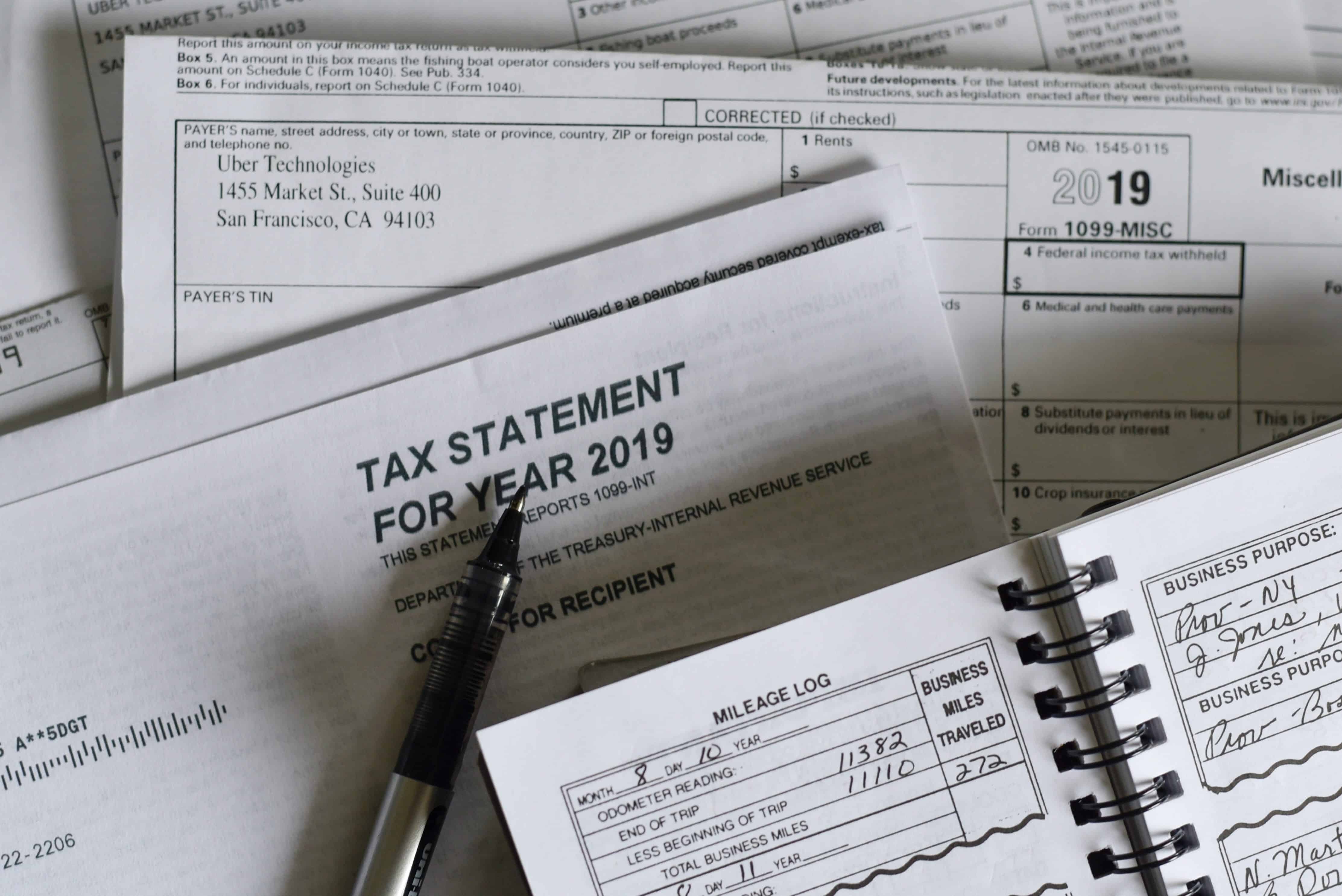The Extended Date

Though the IRS is usually an additional source of stress, they’re working on ways to ensure they’re a source of relief during the COVID-19 pandemic. Here is what you need to know about how the IRS is trying to help taxpayers. The new all-important tax date in 2020 is not April 15 — it’s July 15.
Tax Deadline Changed
Beforehand, you were only able to file your tax returns later than April 15 if you filed a timely extension request. With a new filing date of July 15, the IRS has granted everyone an additional 90 days to file and pay taxes. So, if you feel that you haven’t been saving enough for tax season, now is the time to evaluate what you may owe.
Installment Agreement Payments Suspended
Currently, all preexisting tax debt payment plans are suspended until July 15. If you’re on one of these payment plans, then it’s important to save the allotted amount you would have normally paid. Unless the IRS announces otherwise, payment plans resume on July 16.
No New IRS Liens or Levies
If you’re currently working out a payment plan with the IRS, then no liens or levies will be issued until after the extension date of July 15. However, if you still haven’t come to an agreement with them by that time, then they may take action. If you owe the IRS, now is the best time to set up a resolution.
The IRS understands the unique situation we’re all in and is doing their part to adapt to the new needs of taxpayers. If you have any questions or concerns regarding these changes, reach out anytime.
Contact Us
Contact us here to speak directly to one of our former IRS agents.
Get our Free Special Report: 7 Secrets the IRS Doesn’t Want You to Know!




